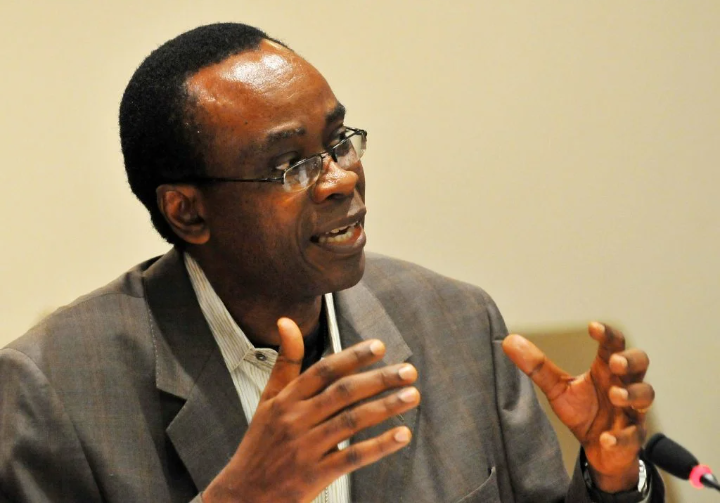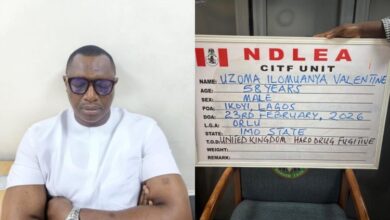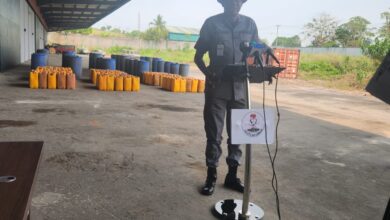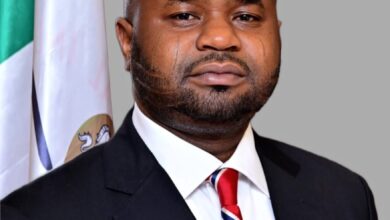
By Edu Abade
Environmental activists have raised the alarm to the creation of the ministries of Gas Resources, Marine and Blue Economy, insisting that their debut in the President Bola Ahmed Tinubu administration will constitute a serious threat to sustainability of the country’s ecology.
Reacting to the creation of the new ministries, as it relates to the global challenges of climate change, Executive Director of Health of Mother Earth Foundation (HOMEF), Nnimmo Bassey, said: “There are several signs to show that we need to be worried about the new ministries.
“The Ministry of Gas Resources, Ministry of Petroleum and the Ministry of Marine and Blue Economy raise special concerns at this time of our history and it is shocking to see that the Environment was bypassed in the assignment of ministers-an indication that it has no place in the government’s priority.
“Failure to appoint a minister for environment sends a signal to Nigerians about the concern of the president to a sector that is so fundamental to the survival of the administration.
“While we have continued to raise concerns about the degraded environment, creating a Ministry of Gas Resources would only worsen the continuous gas emissions, which are a major cause of climate change and attendant problems faced by oil and gas host communities.
“By placing special focus and promoting the gas industry, the Ministry of Gas Resources will inexorably discourage the development of cleaner and more sustainable energy alternatives. This will further create a long-term dependency on fossil fuels, at a time when all efforts should be made to “depetrolise” our economy.
Speaking further, Bassey said: “We do not see a bright future for the Nigerian environment, people and economy with the President as minister of both ministries and with the creation of a Ministry of Marine and Blue Economy. The three ministries will pose unique problems for our aquatic ecosystems and will inevitably worsen the plight of communities whose interests are once more set to be sacrificed.”
Insisting that title Marine and Blue Economy is tautological as the Blue Economy is practicable only in marine or aquatic ecosystems, he added: “The government may wish to rename the unit as Ministry of Marine Resources. The concept of Blue Economy, like the Green Economy, is aimed at massive exploitation and commodification of Nature with deleterious consequences.
Developing the marine and blue economy sectors will lead to industrial fishing, pollution, habitat destruction, marine biotechnology, deep sea mining and other activities that are ecologically harmful. With a hugely unpoliced continental shelf, this focus will pose special threats to our communities and others in the entire Gulf of Guinea.”
The group said it believes that by prioritising gas, other renewable energy sources will be neglected, maintaining that the lack of diversification will hinder a country’s ability to adapt to future energy demands, just as it will portend continuous disruption of our ecosystems with attendant health and safety risks.
A statement made available to journalists by Media and Communications Lead of HOMEF, Kome Odhomor, added: “At a time when health and environmental audits should be conducted in the oil field communities, the government is poised to ramp up the horrors. This is unacceptable!
“After taking so long to put the cabinet together, what the President announced for the present set up raises serious questions. While these may be addressed at the swearing in ceremony, it is hoped that the government will explain the scrapping of the Ministry of Niger Delta Affairs to Nigerians and what a coordinating minister for the Ministry of Health actually means.
“It should also be noted that our inland water, coastal and marine environment has been subjected to violent exploitation that has led to heightened degradation of the environment and as such, creating the new ministries will lead to intensification of such violent exploitation.
“In most adjacent communities and coastal communities where exploitation is taking place, there’s no potable water as a result of pollution. The ministry will legalise such pollution, while artisanal fishing will no longer be allowed.
“HOMEF believes that it is important to carefully consider the potential repercussions when setting priorities for energy policies, as finding the right balance between economic interests, environmental health and social well-being remain crucial.”











